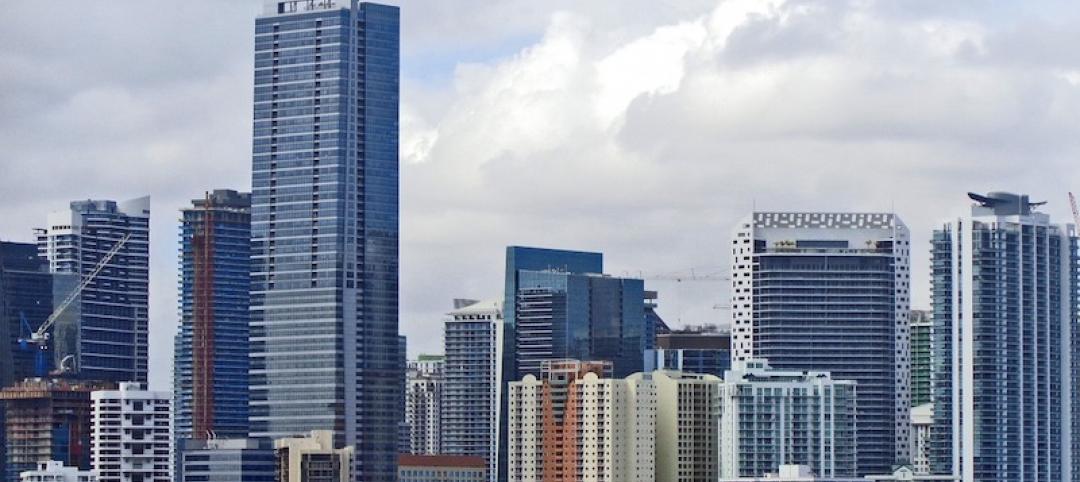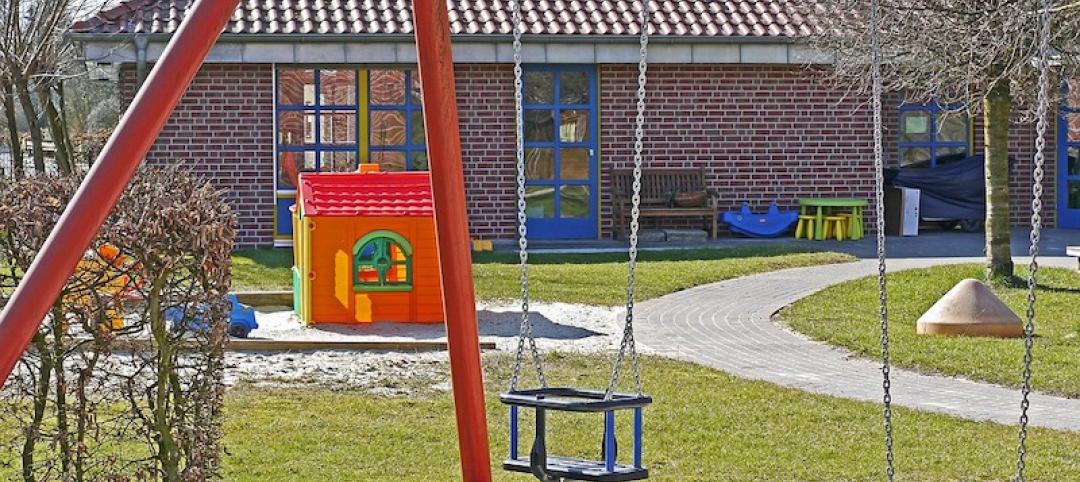The Washington D.C. Council recently passed legislation that will make it more expensive for owners to hold vacant or blighted property.
The Vacant Property Enforcement Act of 2016 reduces the maximum amount of time a vacant property can qualify for an exemption from higher vacancy tax rates. It also closes a loophole that allows continuous renewal of construction permits to qualify for tax exemptions, and require owners of vacant properties to prove they are no longer subject to the higher tax rates.
"The District has a substantial number of vacant properties, many of which are poorly maintained,” the bill report says. "Property owners may keep their properties vacant or fail to maintain them because they expect property values to rise over time. Poorly maintained and vacant properties can damage surrounding communities by being eyesores, by serving a venue for drug use and by providing a home for rodents or other animals. The net effect is to reduce the feeling of a cohesive community and depress surrounding property values."
The legislation reduces the time an owner can claim an exemption from higher taxes because of construction to one year for residential properties and to two years for commercial properties. Fines for failing to comply with city property regulations will rise from $1,000 to $5,000.
Related Stories
Codes and Standards | May 23, 2019
Austin creates innovative plan to boost affordable housing
Approach includes loosened zoning, incentives for higher density in lower-cost and mixed-income developments.
Codes and Standards | May 20, 2019
Effort launched to develop better process for zero-carbon retrofits in multifamily sector
Rocky Mountain Institute, Dept. of Energy, California Energy Commission join forces.
Codes and Standards | May 20, 2019
Property lenders shouldn’t invest for 30 years in most of Florida, expert warns
Climate ignorance driving some ‘insane’ deals.
Codes and Standards | May 17, 2019
NIMBYism is the biggest multifamily construction barrier
National Apartment Assn. report assesses reasons for difficulty in creating more apartments.
Codes and Standards | May 17, 2019
Dept. of Energy to award up to $33.5 million for advanced construction R&D
Focus is on techniques to reduce energy bills.
Codes and Standards | May 16, 2019
Mixed reviews on targeted tax break for San Francisco neighborhood
“Twitter tax break” may have worsened some of the area’s problems.
Codes and Standards | May 15, 2019
OSHA inspections to increase, says Secretary of Labor
Newly hired inspectors getting up to speed.
Codes and Standards | May 14, 2019
Database records more than 1,360 K-12 school shooting incidents since 1970
Naval Postgraduate School program maps locations nationwide.
Codes and Standards | May 13, 2019
In many cities, downtown housing comes with a hefty premium
Urban core living costs hundreds of thousands more in largest U.S. cities.
Codes and Standards | May 7, 2019
San Francisco plan would require largest commercial buildings to use 100% renewable electricity
First in the U.S. mandate would be phased in from 2022 to 2030.

















